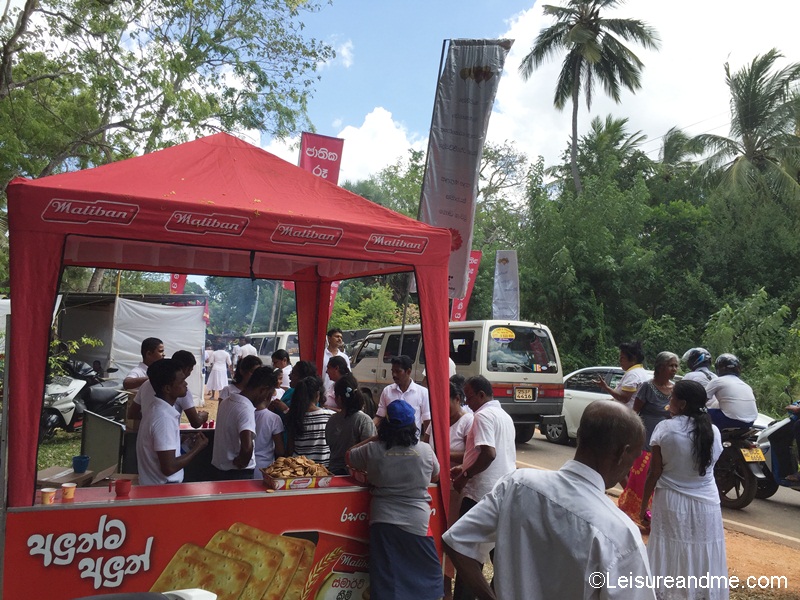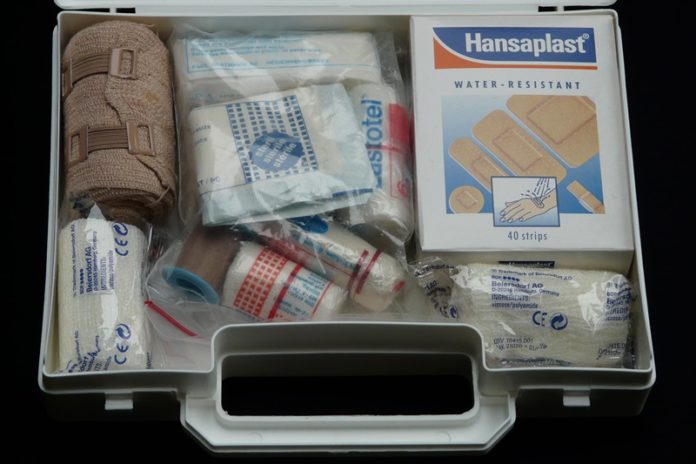Are you traveling to Asia? However, seasoned a traveler you may be, it is fairly common for many people to focus so much on planning the route, accommodation,sorting out money, camping gear, clothes etc that they completely forget about the number one priority on their list of essentials – travel health preparation.
The quality of medical facilities varies enormously depending on where you travel in Asia, but the difference in climate and local standards of hygiene can all bring with them added risks of illness compared with that experienced in more developed parts of the world. So, the first thing of course is to ensure you have adequate travel health insurance.
The second is to make sure you are up to date with all the necessary vaccinations for the area. The common ones tend to be for typhoid, cholera, yellow fever, tetanus,rabies, Hepatitis A, Japanese encephalitis, meningitis, malaria, dengue fever,depending on where you are going but your GP surgery should be able to help with advice and recommendations about these. Give yourself time to get the required vaccinations / medications before you travel as some may require a longer period to take effect such as anti-malarial drugs.

Whilst contracting infectious diseases is a worry and all measures should be taken to minimize the risks, minor illnesses or accidents can also spoil your trip. So,prepare yourself for all eventualities when packing.
Long distance travel usually means feeling jet-lagged and tired for the first few days, with insomnia and daytime drowsiness leading to irritability and possibly headaches.Jet-lag usually can be combatted with some basic behavioural aids such as keeping hydrated during the flight, adjusting to the time zone you are travelling towhilst still on the flight, not consuming excessive alcohol or caffeine (a depressant and a stimulant respectively), exercise, disciplining yourself to not snack late at night. If all else fails a melatonin supplement may help with adjusting your circadian rhythm but talk to your doctor about this first.
Catching colds and coughs (sometimes from fellow travellers on the plane) is common.Air-sickness or general travel sickness (when you’ve been on that rickety bus for too long or some boat trip on a not so calm day); minor accidents resulting in cuts and bruises; toothache; traveller’s diarrhoea due to unaccustomed foodor drink and local hygiene standards. All these little things can ruin your long-planned trip.
So, some things to remember to pack:
A digital thermometer to monitor fevers;
Paracetamol(Acetaminophen / Tylenol) in case you have a mild fever or for that headache that has plaguing you;
Ibuprofen(Advil / Motrin) – a helpful inflammatory drug for general aches and pains such as toothache before you can get to a dentist;
Plasters (Band-Aids) for minor cuts or blisters;
Alcohol wipes to clean cuts with;
Anti-diarrhoea medication such as Imodium (loperamide);
Travel sickness medication such as Stugeron. Alternatively, try ginger or a travel sickness wristband;
Antihistamines (eg Telfast, Claritin) for keeping allergies and rashes from exotic foods, plants, etc at bay.
There are some useful travel health practices that always help, e.g. wash your hands often using soap and water if available or use an alcohol-based hand rub if not. Eat and drink safely, avoid uncooked food / un-boiled water (stick to bottled water).
Travel safely, be prepared and have a great trip!













